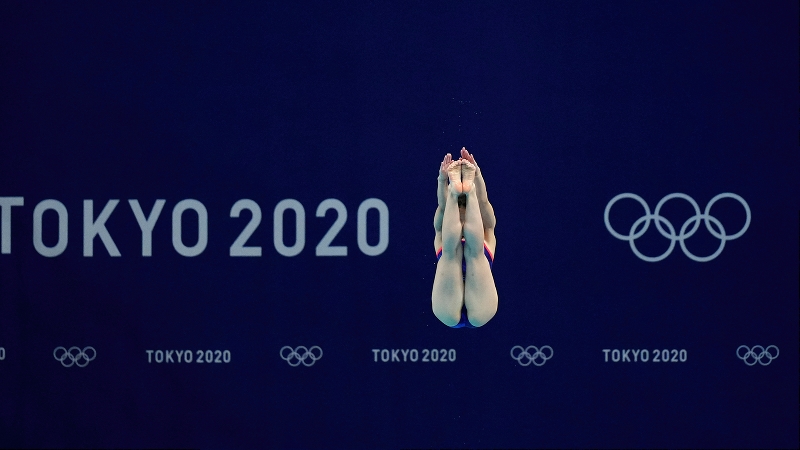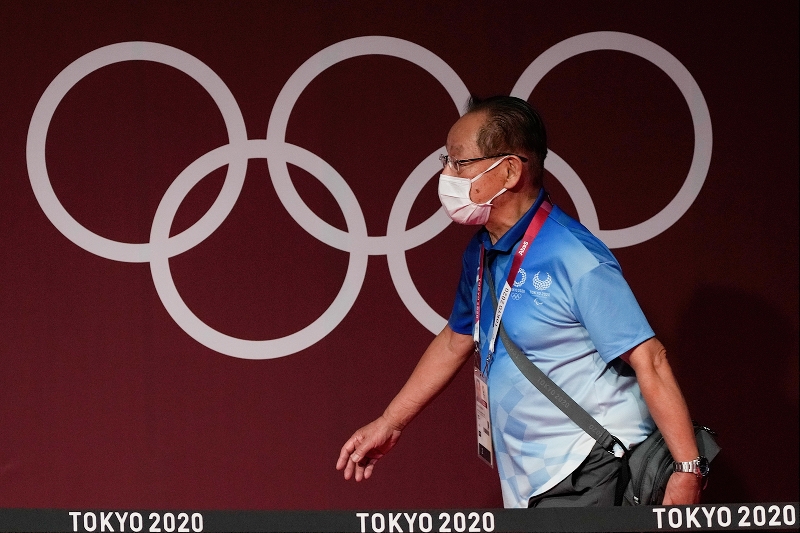In 1956, during the opening of the Winter Olympics in Cortina d’Ampezzo, the then-president of the International Olympic Committee (IOC) American Avery Brundage tripped over a television cable and angrily said: “No more television – we managed 60 years without it and we will continue to do so.”
It’s hard to come across a more inaccurate prediction, but even our generation – those raised first in the times of the television and later by internet-television dictate – could not have expected to see Olympics such as those in Tokyo. No audience, just television.
We are aware that the dreams of the founding fathers of the Olympics about a universal and selfless world of sport and youth do not fit in with modernity, and we ourselves set our hands to burying those dreams by demanding new records at every Olympics. Yet the sight of an empty Olympics stadium still saddens us.
These may be a very emotionally difficult Olympics for all, especially the athletes who do not know if or when their sport may be affected by Covid. Mainly for them, we should be happy that Tokyo agreed to accept its Olympic Games. Anyone who has spoken with Polish athletes will understand this. After all, Polish athletes were deprived of the opportunity to compete in the 1984 Olympic Games in Los Angeles due to politics, and that trauma has stayed with them all the way to the present day.
It is worth remembering that not all athletes are equal. Footballers, tennis players, golf players and NBA basketballers all have their own worlds, and their sport and market value is set “elsewhere”. An Olympic medal does not change their lives and is merely additional satisfaction.

The title of an Olympian has a nice ring to it for those who have quietly waited for four years and who have been pushed to the side by marquee games and only feel the spotlight when they achieve an Olympic medal. Only at the Olympics is the gold medal of tennis player and billionaire Novak Djokovic worth as much as the medal of someone who shot the silhouette of a running boar. This equality lasts only for a short Olympic moment, which is why we must protect the Olympic Games and not support those who have called for their boycott or cancellation, even under the pretext of a pandemic.
We must hope that no non-sport news will come from Tokyo and that the Olympics will not become yet another casualty of the pandemic. If that happens, it would be a blow after which it will be hard to believe that there may still come a time when we can shake a stranger’s hand or sit with them at a game or concert without trepidation.
The Olympics in Tokyo could have been held like the Japanese and IOC had proposed, or they could’ve been cancelled. Understanding this, we should cheer like we have in the past when Poland’s representatives enter the stadium. Even if that stadium will be empty.
Let the Olympic flame burn and let our TVs play. Let’s all believe that the old pre-pandemic world will last for at least two weeks.





